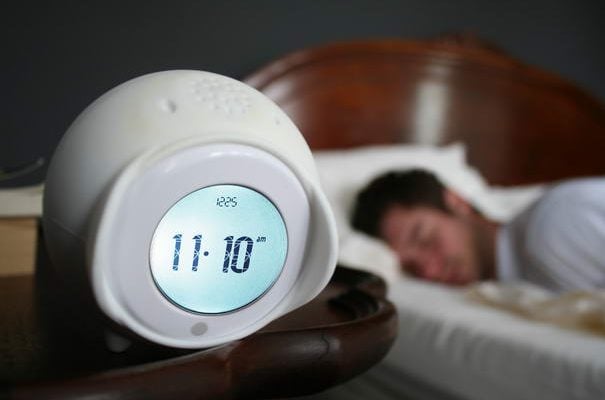Alarm clocks. We all have a love-hate relationship with these technological devices. They’re crucial for ensuring we get to our jobs, classes, and appointments on time, but there’s a nagging question that we often overlook: Are alarm clocks healthy?
Our bodies naturally operate on a circadian rhythm, a 24-hour internal clock that governs our sleep-wake cycle. Disturbing this natural rhythm can potentially have adverse health effects. A jarring alarm can jolt us out of deep sleep, causing a spike in blood pressure and heart rate – a stressful start to anyone’s day!
Alarm clocks can be particularly beneficial if they align with your individual chronotype, or your natural propensity to sleep at a particular time during a 24-hour period. Some people are ‘night owls,’ and others are ‘morning larks.’ If you’re a morning lark, for instance, you may find a traditional alarm clock setup works well for you.
Check out 10 Most Creative Alarm Clocks that you can buy online. These are great gift ideas! Just follow the link below each image.
10 – Clocky Alarm Clock
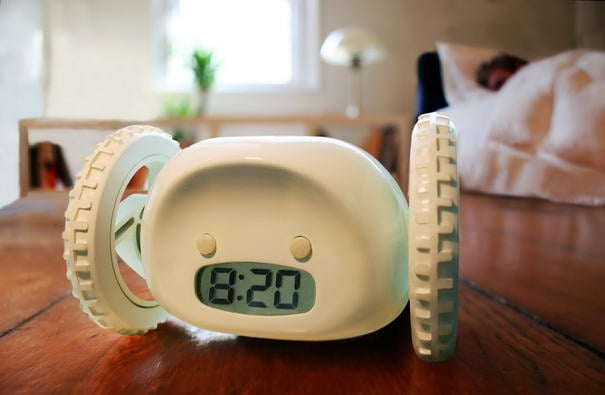
BUY HERE: Clocky Alarm Clock on Wheels, Almond
09 – Tocky Touch – Rolling Alarm Clock
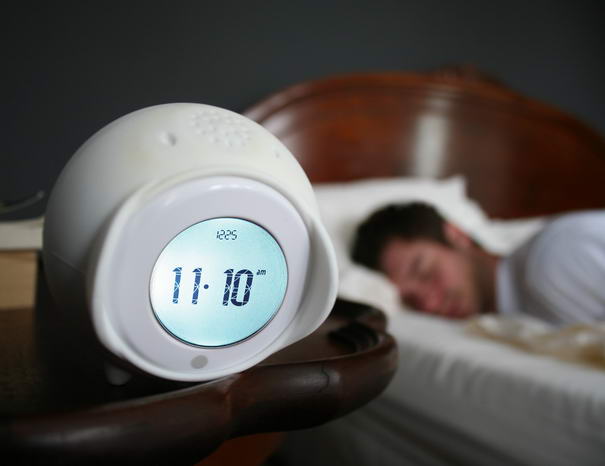
BUY HERE: Tocky Runaway Alarm Clock with MP3 – Orange
08 – Kikkerland Clap-On Cube Alarm Clock
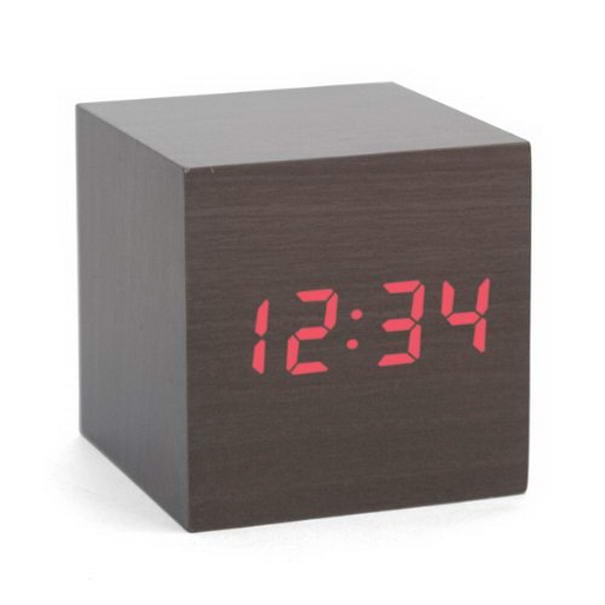
BUY HERE: Kikkerland AC22-DK Clap-On Cube Alarm Clock, Dark Wood
07 – Target Alarm Clock

BUY HERE: Target Alarm Clock
06 – Flying Alarm Clock
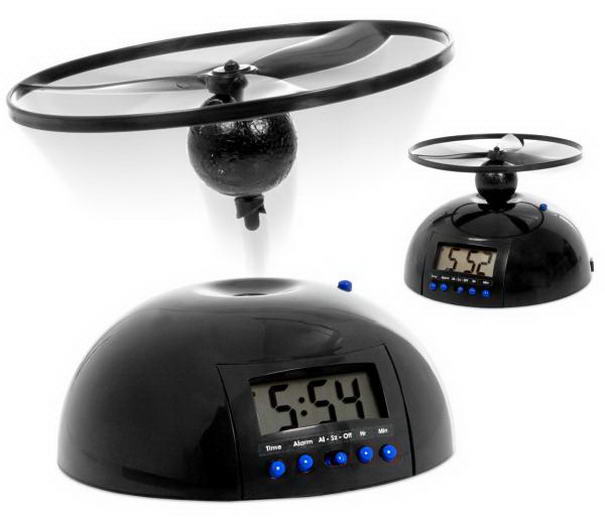
BUY HERE: Flying Alarm Clock
05 – Cube Clock
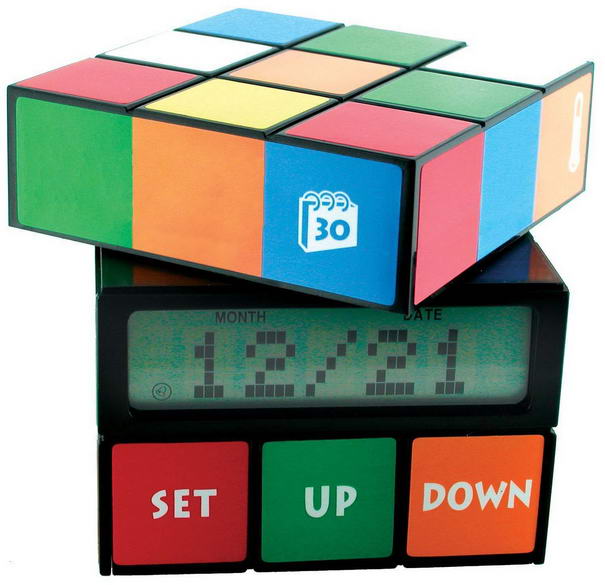
BUY HERE: Made By Humans, Rubik’s Cube Clock, Digital Clock
04 – Silent Vibrating Personal Alarm Clock
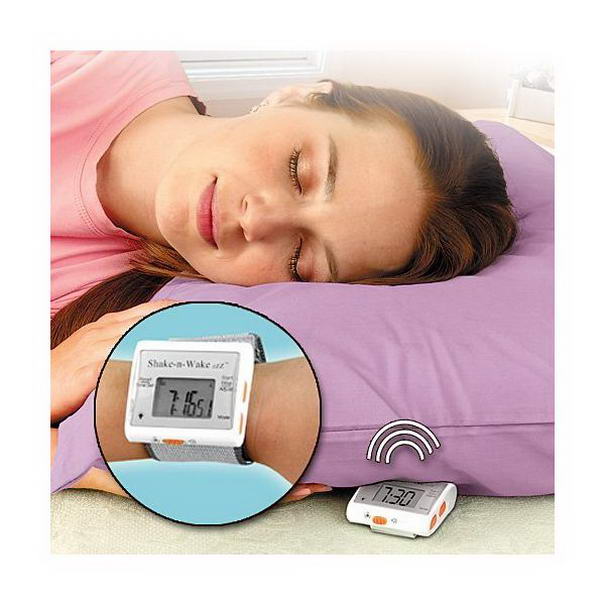
BUY HERE: Silent Vibrating Personal Alarm Clock “Shake-N-Wake”
03 – Dreamer Illuminated Projector Clock
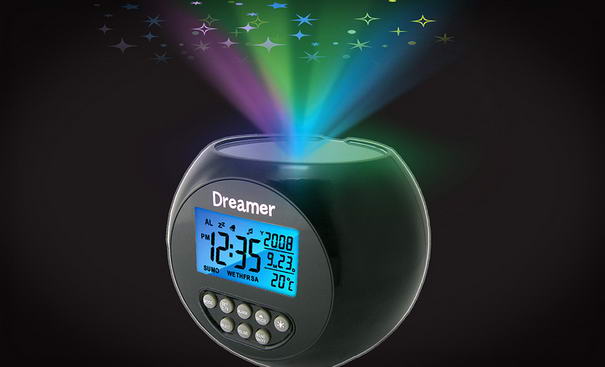
BUY HERE: Dreamer Illuminated Projector Clock As Seen On TV
02 – Shape Up Alarm Clock
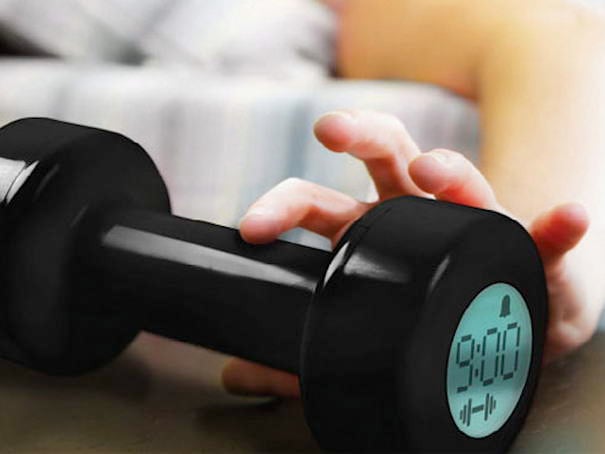
BUY HERE: Neewer Shape Up 30 Times Everyday Black Dumbbell Alarm Clock
01 – Directors Edition Alarm Clock

BUY HERE: Clapperboard Digital Alarm Clock (Directors Edition)
Are Alarm Clocks Healthy? Here’s What Science Says
To answer this question, we need to turn to science and take a closer look at our sleeping patterns and internal biological clocks. So, is that early wake-up routine indeed the healthiest option? Let’s find out.
Yet, alarm clocks have their benefits too. They keep us on track with our daily schedules in a world that doesn’t sync with our natural sleep patterns. If used wisely, they can be a helpful tool to maintain a consistent sleep schedule, which is crucial for good sleep hygiene and overall health.
Conversely, if you’re a night owl forced to wake up early, you might struggle with a conventional alarm clock. In this case, there are some more creative solutions that can make the waking process less harsh. These include sunrise alarm clocks, which gradually fill your room with light, simulating a natural sunrise. This gentle wake-up method can be more aligned with your circadian rhythm and provide a healthier start to your day.
But remember, an alarm clock is not a substitute for sufficient sleep. No matter how gentle or fancy the alarm, it won’t negate the effects of inadequate sleep. So, the verdict? Alarm clocks can be healthy if used as part of a balanced, sensible sleep routine, where quality sleep is a priority. So, go ahead and hit that snooze button, but not before you’ve had a good morning’s sleep!


